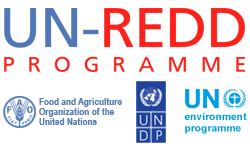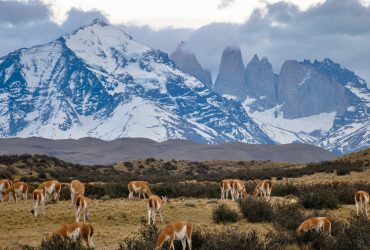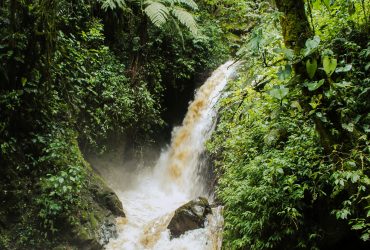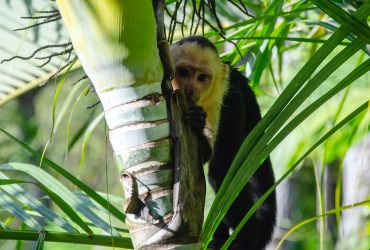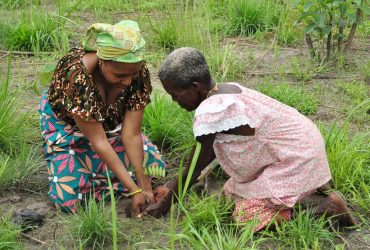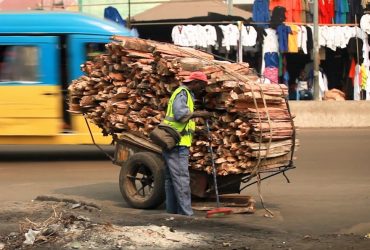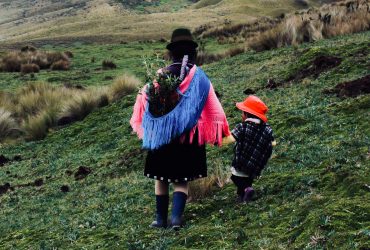PROGRESS AGAINST THE WARSAW FRAMEWORK
NS/AP: PNG has identified several REDD+ target interventions with an aim to enhancing forest management and legality, actions that support key stakeholder groups in priority areas to take direct action to undertake climate and conservation and to ensure further development of PNG’s REDD+ architecture and monitoring capacity.
FREL/FRL: PNG submitted its Forest Reference Level (FRL) to the UNFCCC in 2017. The first Biennial Update Report (BUR), including REDD+ Technical Annex, was submitted in 2019. PNG aims to submit a second FRL/FREL to the UNFCCC in 2022.
NFMS: The National Forest Monitoring System (NFMS) consists of remote sensing-based assessments (point sampling and wall-to-wall mapping), field inventories and a web GIS-based platform with public access, as fully described in the FRL, BUR and other government publications.
SIS: PNG submitted the summary of information (SOI) of the safeguards information system (SIS) in 2020. Work is ongoing on adherence to the safeguards requirements of the ART-TREES standard and in strengthening safeguards and legal aspects.
REDD+ IMPLEMENTATION
Forest solutions rewarded. Work is ongoing to access carbon finance through leading carbon standards, notably ART-TREES. In 2021, through technical assistance from the UN-REDD Programme, a capacity assessment concerning gaps and needs for support was conducted to meet ART-TREES requirements, estimate ART-TREES expected volumes of ERs and to summarize safeguards information and processes currently available in the PNG for adherence to the safeguards requirements of the ART-TREES standard. The PNG government submitted an expression of interest for proposals from the LEAF Coalition, in addition to addressing requests for clarification and signing the MoU with the LEAF Coalition. Work is ongoing to draft the TREES Concept Note.
CHALLENGES AND SOLUTIONS
Periodic lockdowns due to COVID-19 have impacted the TA 2021 implementation; no missions to the country were undertaken. The UN-REDD team modus operandi shifted to online interaction, and key face-to-face meetings have been organized, when possible, to progress some key discussions
GENDER AND SOCIAL INCLUSION
Work is ongoing to develop a benefit-sharing framework and to process the transferring ownership of emissions. In 2021, a safeguards workshop was held in Kokopo, East New Britain Province, with the objective of gauging feedback on four key draft safeguards guidelines (FPIC, GRM, benefit-sharing and REDD+ guidelines) to further inform their respective policies. There were 52 participants, of which there were 14 women and 38 men, including Clans Women’s representatives, the REDD+ core team, provincial and village representatives. The participants also discussed the identification of existing measures to promote the rights and interests of customary landowners and local communities, particularly from the experiences of two VCS projects in New Ireland Province (NIHT) and East New Britain (BEST community project). Similar stakeholder consultation workshops planned for the Highlands, Southern and Momase regions will continue in 2022 through a GCF Readiness project.
PARTNERSHIPS
UN-REDD closely collaborates with the GCF Readiness Project, Readiness for registry and nesting system to facilitate climate-related investments in agriculture, forest and land use (AFOLU) sector in Papua New Guinea, to progress on REDD+.
LINKAGES TO SDGS
SDGs 13, 15 and 17, in particular through support of the GCF Readiness project.
